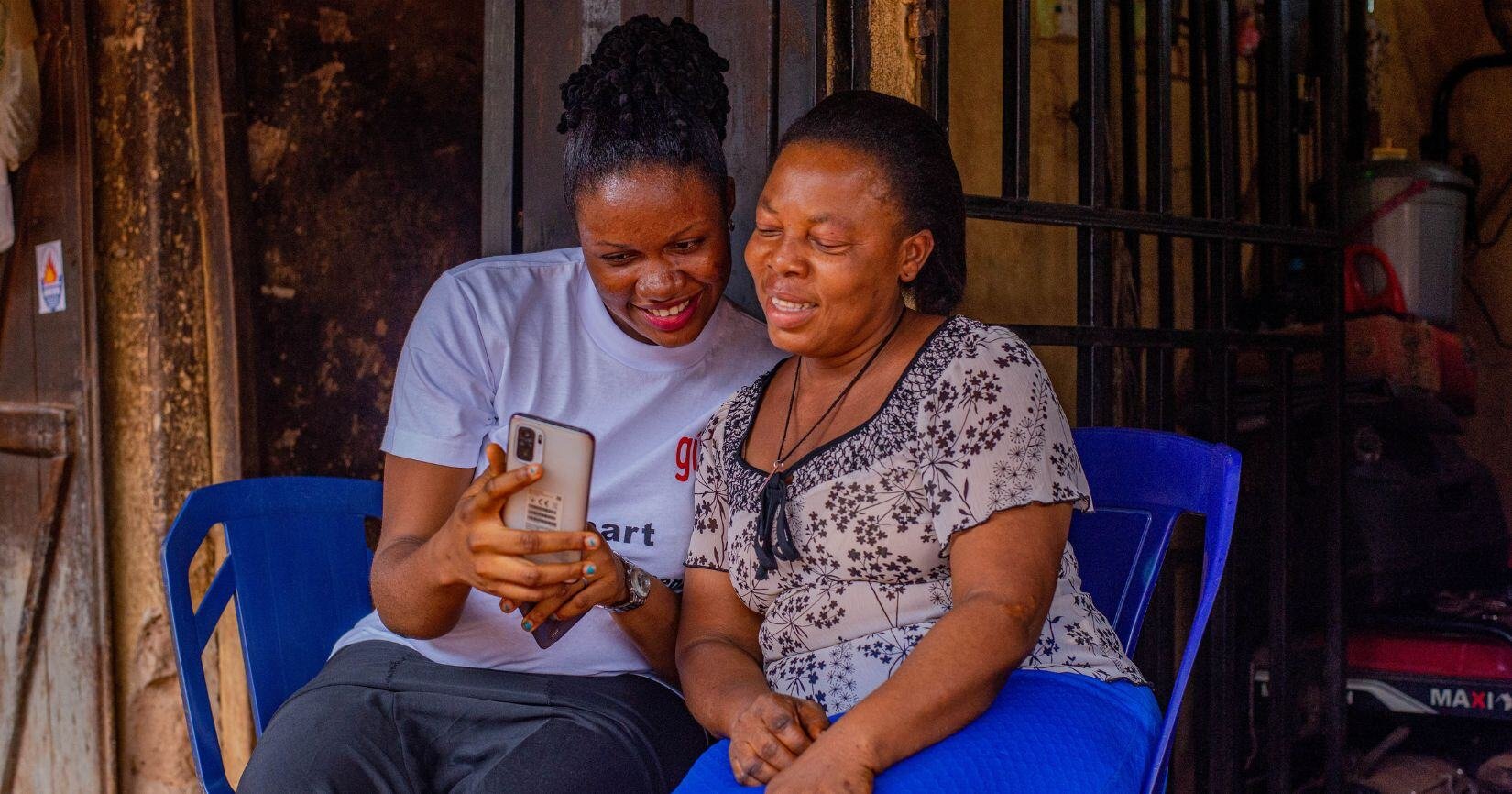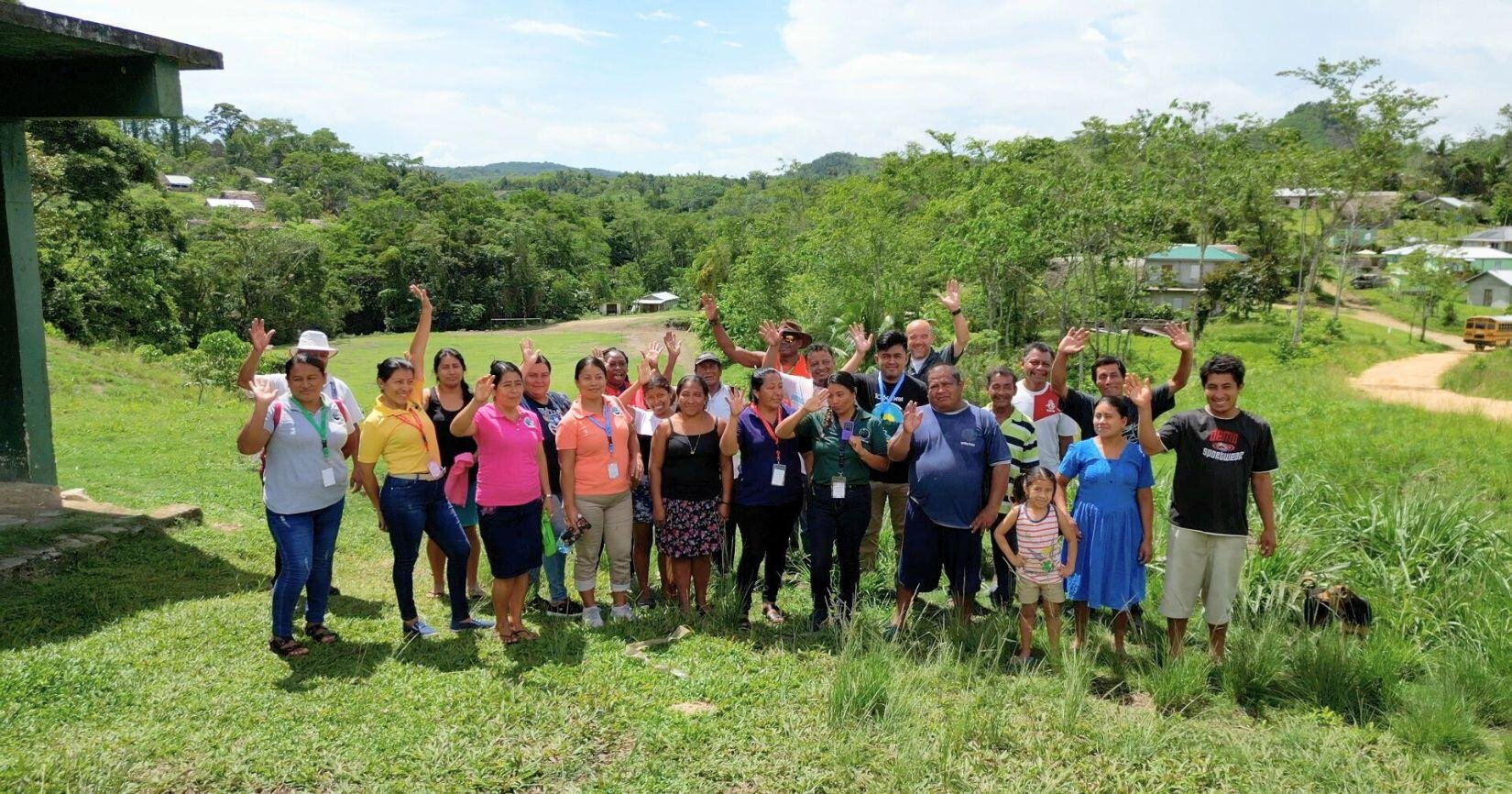
From Illiteracy to Empowerment: How Audio Outreach Changes Lives

Imagine not being able to read this blog post. Imagine being cut off from essential knowledge about your health, finances, or your rights, simply because printed words aren't accessible to you. Sadly, that's the reality for nearly 800 million adults worldwide, many of whom live in regions where traditional literacy education remains out of reach. This global literacy challenge isn’t just a number—it's a daily barrier keeping millions from thriving.
But what if there was another way?
A decade ago, I founded the Audiopedia Foundation to tackle this very issue, driven by the belief that everyone deserves access to knowledge. Through our journey, we learned that audio communication isn't just effective—it’s transformative.
Nigeria's Story: Health Knowledge Through Voice
Take, for instance, our collaboration with RedAid in Nigeria's urban slums. In communities where literacy is low, and misinformation spreads quickly, we turned to audio messages delivered via WhatsApp and simple memory cards. The impact was remarkable: women who received audio-based health education saw their knowledge increase by 51% compared to just 17% in communities that relied on traditional methods. One mother shared how these simple audio messages transformed her understanding of breastfeeding, enabling her to not only adopt healthier practices but also inspire her neighbors to do the same.
Empowering Women Entrepreneurs in Nicaragua
In Nicaragua, I witnessed firsthand the power of narrowcasting when working alongside Pro Mujer. Our team used WhatsApp to distribute Audiopedia messages filled with essential content on entrepreneurship, financial management, and health topics—recorded in local languages. The response was incredible. Women who previously felt excluded from formal training due to literacy barriers suddenly found a pathway to economic empowerment. One participant told me, “Before this, no one explained these things to us. Now my children and I learn together.” Audio didn't just educate her; it empowered an entire family.
Valuable Lessons from the Field
Through these experiences, we've learned invaluable lessons:
-
Cultural relevance matters: Messages should be crafted in local languages and contexts, spoken by voices people trust.
-
Offline Accessibility Can Make a Difference: Solar-powered audio players, memory cards, and community radios ensure content reaches even the most remote communities.
-
Engagement through Voice: The spoken word builds connection and trust far quicker than printed materials, fostering deeper engagement and learning.
Practical Tips for Crafting Audio Content
-
Keep messages short (3-5 minutes) and clearly focused.
-
Prioritize storytelling to maintain attention and encourage action.
-
Record messages using local, familiar voices to build authenticity and trust.
A Call to Action
Narrowcasting isn’t just about broadcasting messages—it's about creating real change. Through audio communication, we are not merely sharing information; we're empowering individuals and communities to overcome barriers and build better futures.
Join us in embracing audio outreach as a tool for empowerment. Let's make knowledge accessible to everyone, everywhere, one voice at a time.

